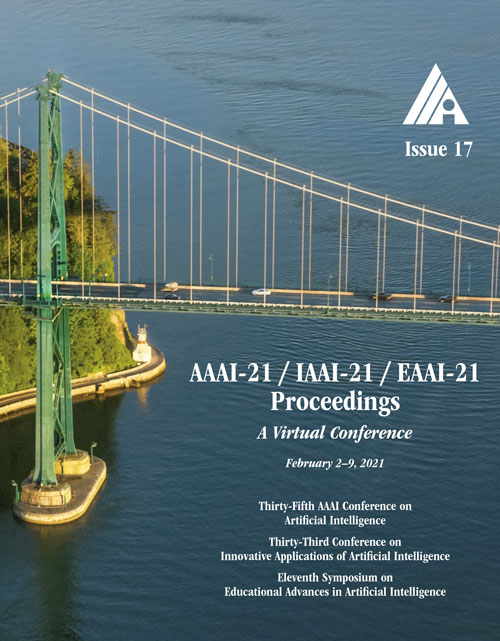Designing a Hybrid AI Residency
DOI:
https://doi.org/10.1609/aaai.v35i17.17842Keywords:
AI Course Design, AI Residency, AI TeachingAbstract
The industry demand for AI experts raised to unprecedented levels in the last years. However, the increasing demand was not met by the number of skilled professionals in this area. As an effort to mitigate this problem, many companies create AI residency programs to provide in-house practical training. However, we argue that the usual dynamics based on one-on-one mentorship in those programs is very hard to scale and insufficient to meet the demand for AI professionals. In this paper, we describe a hybrid AI residency program that connects educational institutions, partner companies, and prospective residents. This program is designed to be funded by partner companies.Residents are exposed to practical projects of industry interest and are instructed on AI techniques and tools. We describe how we implemented our program, the challenges involved, and the lessons learned after the conclusion of the first residency class. Our program was developed to be inclusive and scalable, and resulted in a high employment rate for our alumni. Furthermore, several partner companies invested in in-house AI teams after the residency, resulting in direct benefits for our local AI community.Downloads
Published
2021-05-18
How to Cite
Silva, F. L. D., Stanzani, S., Fialho, J., Mondadori, J., Mazzetto, M., Couto, F. S., & Cobe, R. (2021). Designing a Hybrid AI Residency. Proceedings of the AAAI Conference on Artificial Intelligence, 35(17), 15640-15646. https://doi.org/10.1609/aaai.v35i17.17842
Issue
Section
EAAI Symposium: Full Papers

